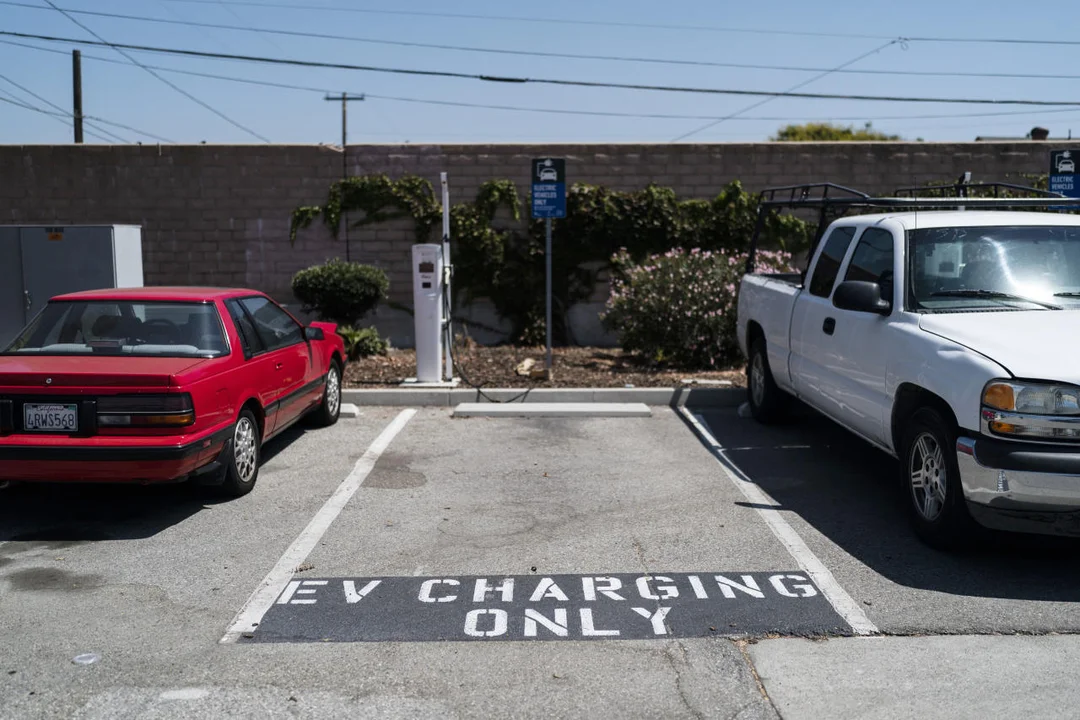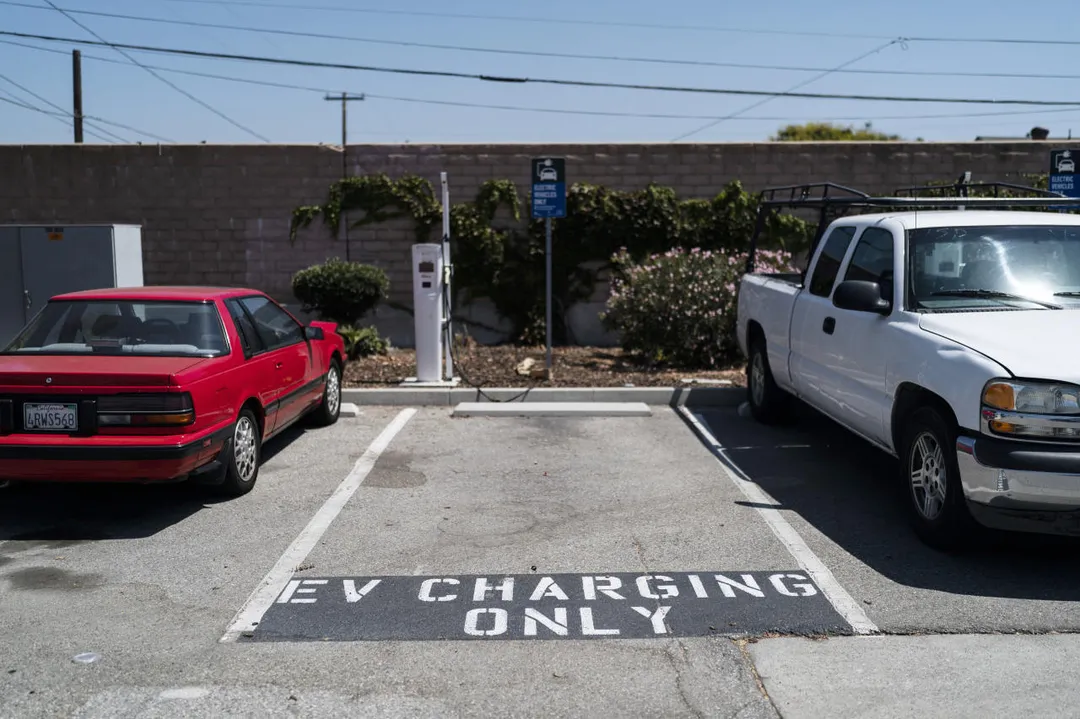
Could California’s EV Revolution Be Overturned? Inside the Political Showdown Shaping America’s Green Future
In a bold political maneuver, the U.S. House of Representatives has voted to challenge California's pioneering electric vehicle (EV) mandate, a decision that could reshape national environmental policy. This development highlights growing tensions between climate goals and economic concerns, potentially impacting millions of Americans and the fight against global warming.
The controversy centers on California's plan to phase out gas-powered vehicles by 2035, a policy that has drawn both praise and criticism. Last week, 35 House Democrats joined Republicans in a 246-164 vote to repeal the waiver allowing California to enforce stricter emissions standards under the Clean Air Act. Representative Lou Correa of California, one of the defecting Democrats, cited the mandate's impracticality for working-class constituents, stating, "I'm listening to my constituents who are saying 'don't kill us' amid rising car prices." This vote marks a significant shift, as Democrats have historically supported aggressive climate measures.

Environmental experts warn that overturning the mandate could hinder the U.S. transition to cleaner transportation, which accounts for nearly 29% of the nation's carbon emissions. Margo Oge, a former EPA regulator, argues that EVs are ultimately more cost-effective, saying, "This plan would save money and position the country to fight climate change." However, opponents point to intense lobbying from the oil industry and automakers, who spent over $10 million to influence lawmakers. Senator Alex Padilla of California attributes the defections to "misleading lobbying," accusing Republicans of undermining the Clean Air Act.
The situation escalates as Senate Republicans, led by figures like John Thune, are reportedly considering similar action. This could invoke the Congressional Review Act, potentially nullifying the waiver despite legal opinions suggesting it's not subject to such repeal. States like Virginia and Maryland are already pulling back on similar policies, reflecting a broader national debate on balancing environmental imperatives with economic realities in an era of trade wars and inflation.
Comparisons to past environmental battles reveal a fraying Democratic unity on climate issues. While the Biden administration initially supported California's leadership, the Trump-era pushback has intensified. Critics like Thomas J. Pyle from the American Energy Alliance argue that "people don't want to be forced into certain types of vehicles," emphasizing affordability barriers. Yet, advocates counter that incentives, not mandates, could bridge the gap, as noted by Republican strategist Mike Murphy: "You have to win the hearts and minds of consumers."

In summary, this pivotal moment underscores the challenges of advancing green policies in a polarized political landscape. The potential Senate vote could set a precedent for future climate regulations, affecting everything from air quality to energy independence. As debates rage on, what implications does this hold for America's path to sustainability?
We invite readers to reflect on this issue: How should policymakers balance environmental protection with economic accessibility? Share your views in the comments and help shape the conversation.